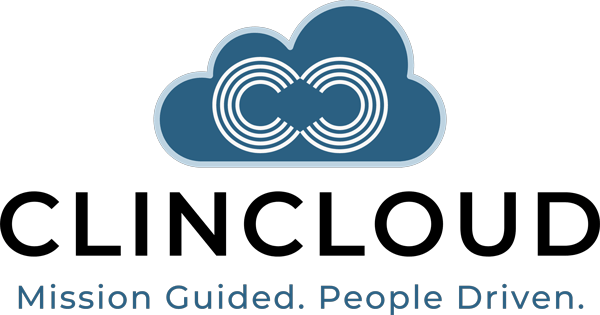Benefits of Liver Screening
Unveiling the Benefits of Liver FibroScan: A Vital Screening for Liver Health

The liver, one of the body’s unsung heroes, plays a crucial role in filtering toxins, processing nutrients, and supporting overall health. However, various factors, such as a poor diet, alcohol consumption, viral infections, and obesity, can subject the liver to damage, leading to a condition known as liver fibrosis. To safeguard your liver health, and potentially catch liver fibrosis early, one invaluable tool is a Liver FibroScan. In this blog, we’ll explore the benefits of this screening and why it’s an essential aspect of maintaining your overall well-being.
- Non-Invasive and Painless: A Liver FibroScan is a non-invasive and painless procedure, which means it doesn’t require any needles or incisions. The process involves a specialized machine that emits low-frequency sound waves to assess the stiffness and elasticity of your liver. This quick and easy procedure can provide valuable insights into your liver’s health without discomfort or downtime.
- Early Detection of Liver Fibrosis: One of the most significant benefits of a Liver FibroScan is its ability to detect liver fibrosis at an early stage. Liver fibrosis is the first step toward more severe liver conditions, such as cirrhosis. By identifying fibrosis early, medical professionals can take preventive measures and tailor treatment to manage the condition effectively. Early detection often leads to better outcomes and quality of life.
- Monitoring Disease Progression: For individuals already diagnosed with liver fibrosis or related conditions, regular FibroScan screenings can help monitor the progression of the disease. Tracking changes in liver stiffness can guide healthcare providers in making informed decisions about the most appropriate treatments and interventions.
- Personalized Treatment Plans: Liver FibroScan results allow medical professionals to create personalized treatment plans. By understanding the severity of liver fibrosis, they can recommend lifestyle changes, medications, or procedures tailored to your specific condition. This individualized approach is key to effective management and better long-term outcomes.
- Reducing the Need for Biopsies: Traditionally, liver biopsies were the gold standard for assessing liver fibrosis. However, these procedures are invasive, carry some risks, and can be uncomfortable for patients. Liver FibroScan provides a safer and more patient-friendly alternative to assess liver health without the need for a biopsy.
- Cost-Effective: Liver FibroScan is not only an efficient diagnostic tool but also a cost-effective one. It reduces the need for frequent, expensive diagnostic procedures, making it a valuable resource for both patients and healthcare systems.
- Motivation for Lifestyle Changes: Learning about the condition of your liver can be a powerful motivator for making positive lifestyle changes. Armed with the knowledge that liver health is at risk, many individuals are inspired to adopt healthier diets, exercise more, and reduce alcohol consumption, ultimately slowing the progression of liver fibrosis.
In conclusion, a Liver FibroScan is a vital screening tool that offers numerous benefits for liver health. It’s non-invasive, facilitates early detection, aids in monitoring disease progression, and helps create personalized treatment plans. By opting for regular screenings, individuals can take a proactive approach to safeguarding their liver health, potentially preventing the onset of severe liver conditions. Remember, a healthy liver is essential for overall well-being, and a Liver FibroScan is a crucial step toward maintaining it.
Wondering about your liver health? Sign up for a no-cost liver screen today using the form below.
